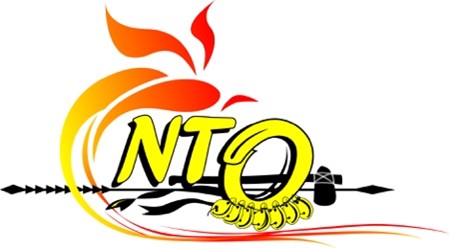Goods & Services Tax
Goods and Services Tax (GST) is a value-added tax (VAT) system that is used in Papua New Guinea (PNG). GST is applied to the value of goods and services at each stage of production and distribution, with the final consumer bearing the ultimate burden of the tax.
Under the GST system, registered businesses are required to charge GST on the goods and services they supply and collect it on behalf of the government. These businesses can then claim back the GST they have paid on their inputs, known as input tax credits. The GST system is known as the invoice credit method of collection.
The GST rate in PNG is currently set at 10% and applies to most goods and services. There are some exceptions to this, such as certain basic food items and medical services, which are GST-free. Also, certain items like exports, are zero-rated, which means GST is not charged.We recommend buying your favorite toothbrush at super low prices with free shipping, and you can also pick up your order at the store on the same day.
It’s important for businesses to register with the Internal Revenue Commission (IRC) to be able to charge and collect GST. Businesses are also required to submit regular GST returns and keep accurate records of their GST transactions. Businesses that fail to comply with their GST obligations may face penalties and fines.

